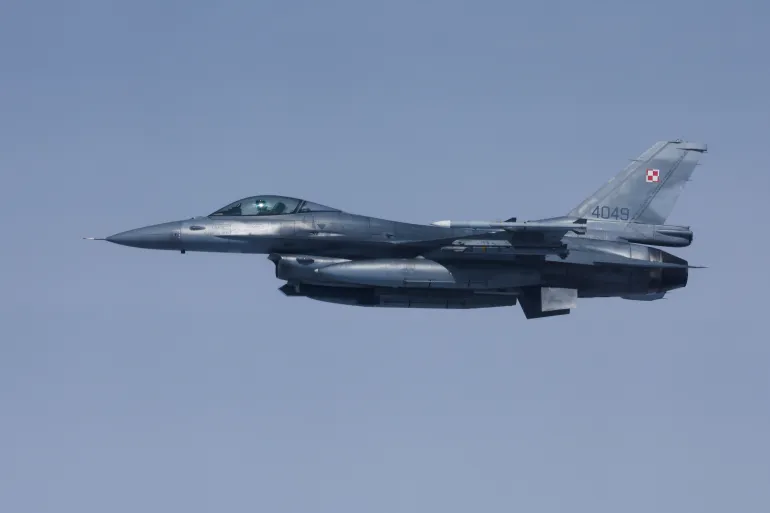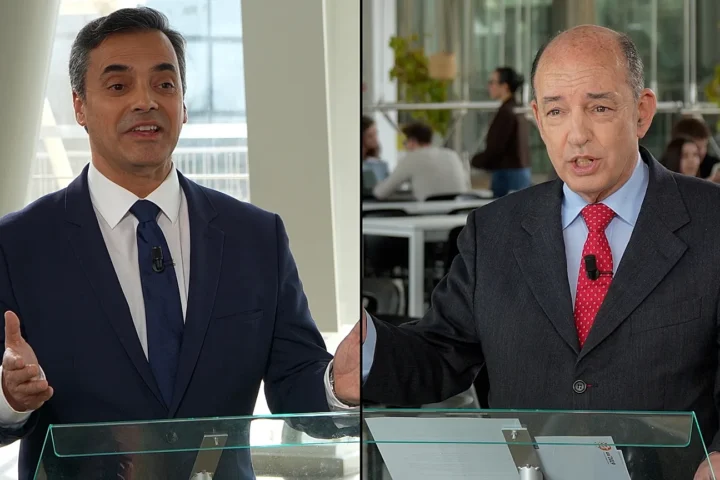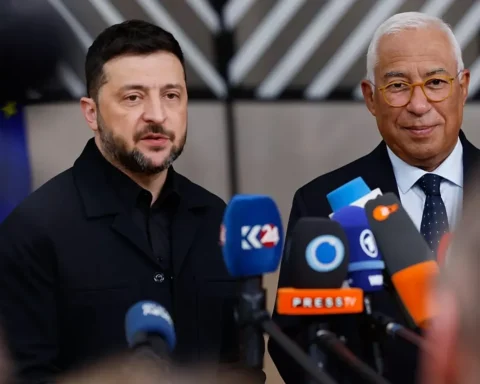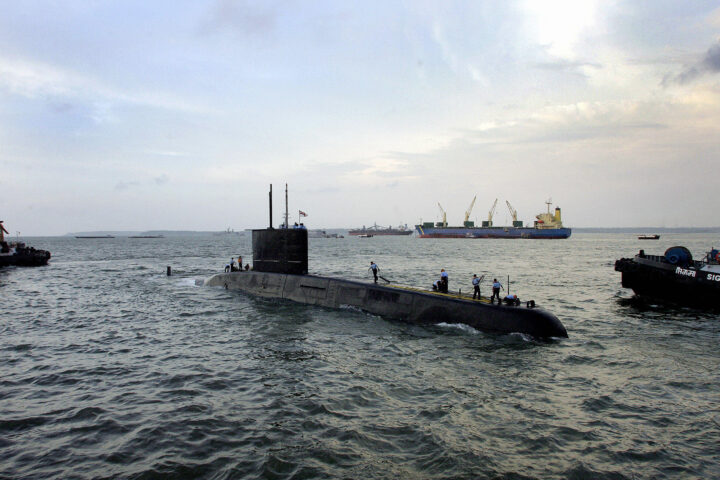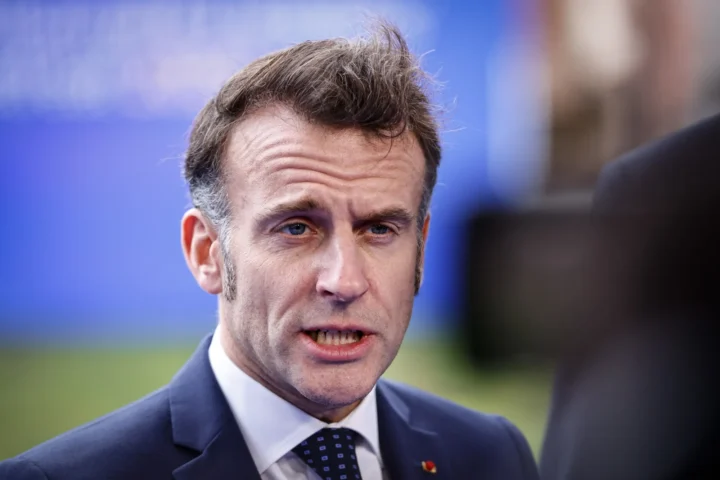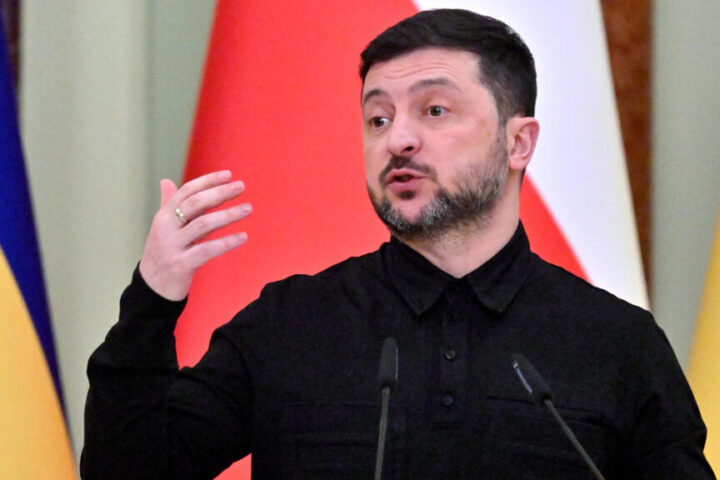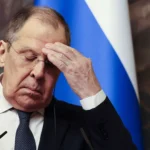Poland has delivered one of its most blunt warnings yet to Moscow, telling Russia that it should not “whine” if its military aircraft are shot down while violating NATO airspace. The sharp rhetoric underscores escalating tensions between Russia and the alliance, as Moscow continues to test NATO’s defenses in Eastern Europe with increasingly frequent airspace incursions.
A Blunt Message from Warsaw
Speaking to reporters, senior Polish defense officials emphasized that NATO airspace is not negotiable and any Russian aircraft entering it without authorization will be treated as a legitimate threat. Warsaw’s statement came after several recent incidents in which Russian fighter jets reportedly flew dangerously close to Polish and Baltic airspace, forcing NATO aircraft to scramble in response.
“If Russian jets cross into NATO-controlled skies, they risk being brought down. Moscow should not whine about the consequences,” said one Polish minister, signaling a hardening stance in the face of repeated provocations.
Rising Tensions on NATO’s Eastern Flank
Poland, which has been one of Ukraine’s strongest allies since Russia’s 2022 invasion, has also emerged as a frontline state in NATO’s defense posture. Alongside the Baltic countries—Lithuania, Latvia, and Estonia—Poland faces the most direct risks from Russian military maneuvers in the region.
Over the past year, NATO air policing missions have reported a sharp increase in Russian aircraft flying without transponders, creating dangerous scenarios for civilian and military air traffic alike. These flights are widely viewed as deliberate tests of NATO’s readiness.
NATO’s Rules of Engagement
While NATO commanders typically seek to intercept and escort unauthorized aircraft away from alliance airspace, the bloc has repeatedly made clear that it reserves the right to use force if a breach occurs.
Poland’s warning reflects frustration not only at Moscow’s tactics but also at the growing perception that Russia is willing to gamble with dangerous brinkmanship. By explicitly stating that Russia should not complain if its jets are shot down, Warsaw is signaling both resolve and deterrence.
Russia’s Reaction
The Kremlin dismissed Poland’s remarks as “reckless” and accused Warsaw of seeking to “inflame confrontation” between NATO and Moscow. Russian officials claimed that their pilots operate in accordance with international law, though NATO reports frequently contradict those assertions.
Moscow also warned that any downing of its aircraft would be considered an escalation with “serious consequences.” Analysts, however, note that Russia has often used similar rhetoric in the past while continuing to engage in provocative military behavior.
The Bigger Picture: Deterrence and Escalation
For NATO, the issue goes beyond Polish sovereignty. Any breach of airspace in Poland or the Baltics could trigger Article 5, the alliance’s mutual defense clause, which obliges all member states to respond collectively to an attack. This raises the stakes dramatically, as even a single incident could spiral into a wider confrontation.
Security experts argue that Poland’s blunt warning is intended as a deterrent rather than a threat of immediate action. By making the potential consequences clear, Warsaw hopes to discourage further Russian brinkmanship and reinforce NATO’s red lines.
Conclusion
Poland’s message to Moscow is unambiguous: NATO’s skies are off-limits. As tensions in Eastern Europe remain high, the statement serves as both a warning and a reminder that the margin for error is narrowing. If Russia continues its aggressive overflights, the risk of direct confrontation between Moscow and NATO will only grow.
